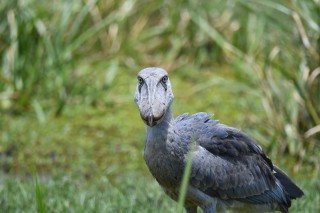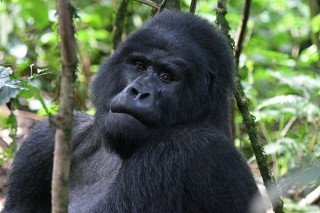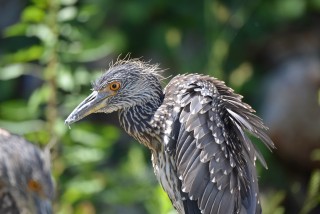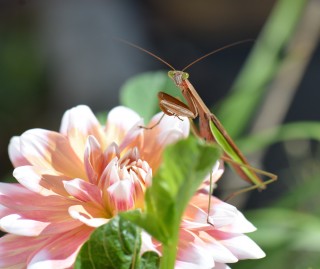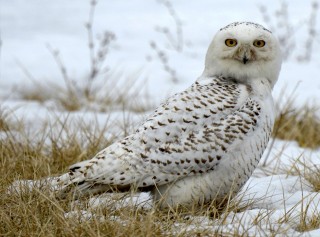WildView™
An Eye on Wildlife
Wildlife Conservation Society Menusearch for stories
- Browse Categories
- Art and Nature
- Assignments
- Bronx Zoo
- Crustaceans
- Education
- Environment
- Guanaco
- Herping from Home
- Horticulture
- In Memoriam
- New York Aquarium
- People
- Seasons
- Technology
- Throwback Thursday
- WCS 125th Anniversary
- WCS Chronicles
- Wild Places
- Wildlife
- Amphibians
- Antelope
- Arachnid
- Bats
- Bears
- Big Cats
- Birds
- Birds of Prey
- Bison
- Bovine
- Buffalo
- Canids, Dogs, Wolves
- Caribou
- Carnivores
- Cats
- Deer
- Dolphins
- Elephants
- Elk
- Endangered
- Fish
- Fox
- Giraffe
- Giraffes
- Great Apes
- Have No Fear
- Hippos
- Horses
- Insects
- Invertebrates
- Jellies
- Lemurs
- Mammals
- Marine Life
- Marsupials
- Mice and Rats
- Mongoose
- Monkeys
- Moose
- Muskoxen
- Ocean Giants
- Okapi
- Otters
- Pangolins
- Pigs
- Primates
- Rabbits, Hares, Pikas
- Rays
- Red Pandas
- Reptiles
- Rhinos
- Rodents
- Seals and Sea Lions
- Sharks
- Sheep and Goats
- Tapir
- Ungulates
- Walruses
- Wildlife
- Zebra
- Wildlife Health
subscribe

George Amato
American Museum of Natural History
Dr. George Amato is the Director of the Sackler Institute of Comparative Genomics at the American Museum of Natural History. In addition to administering this interdepartmental scientific program of more than 80 scientists, postdoctoral fellows and graduate students, Dr. Amato continues to conduct research in conservation genetics of endangered species. He also serves as an adjunct professor at Columbia, Yale, and Fordham Universities. Previous to joining the museum, Dr. Amato spent seventeen years conducting conservation research at the Wildlife Conservation Society, where he was the Director of Conservation and Science for Living Institutions until 2005. Dr. Amato has lectured and published extensively on conservation strategies for endangered species, concentrating much of his work on the use of molecular analysis to determine conservation priorities and in developing forensic tools for monitoring the illegal trade in wildlife. Dr. Amato is involved in conservation issues on a global scale working on projects in Africa, Southeast Asia, and the Caribbean. He received his BS from the University of Connecticut and MS, MPhil and PhD from Yale University.
